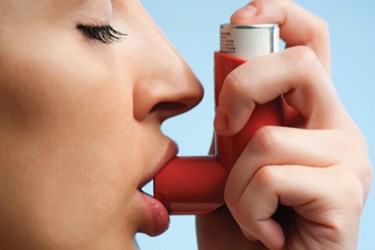FDA Accepts For Review Teva's NDA For SABA Inhaler

Israeli firm Teva Pharmaceuticals announced that its New Drug Application (NDA) for albuterol multi-dose dry-powder inhaler (MDPI) has been accepted for review by the U.S. Food and Drug Administration (FDA).
MDPI is the company’s investigational breath-actuated dry-powder inhaler for the treatment or prophylaxis of bronchospasm in patients 12 and up with reversible obstructive airway disease. MDPI is also designed to prevent exercise-induced asthma in patients 12 years old and above.
Asthma is a chronic disease in which the small and large airways become inflamed. Patients suffering from asthma encounter wheezing, chest tightness, breathlessness, and coughing that takes place at night or early mornings. If left without proper treatment, these symptoms may develop into severe asthma attacks that could cause hospitalization and/or death.
Tushar Shah, SVP of Teva Global Respiratory Research and Development, said, “We are extremely pleased the FDA has accepted for review the NDA for albuterol MDPI. If approved, albuterol MDPI would become the first breath-actuated dry-powder symptomatic and rescue inhaler available to asthma patients.… It is our hope that the new dry-powder innovation utilized with albuterol MDPI will help fill an unmet need in the existing asthma market.”
Teva’s NDA submission contains data from eight clinical studies that investigated albuterol MDPI’s safety and efficacy in patients with asthma and exercise-induced bronchospasm (EIB). The company expects an FDA regulatory action by March 2015.
Last month, the company announced its recent settlement with Perrigo Pharmaceutical and Catalent Pharma Solutions regarding four patents concerning Teva’s ProAir HFA (albuterol sulfate) Inhalation Aerosol. The product is indicated in patients four years and older for the treatment or prevention of bronchospasm with reversible obstructive airway disease as well as for the prophylaxis of exercise-induced bronchospasm. The settlement gave Perrigo and Catalent a license to market limited units of Perrigo’s generic version of Teva’s product until June 2018.
